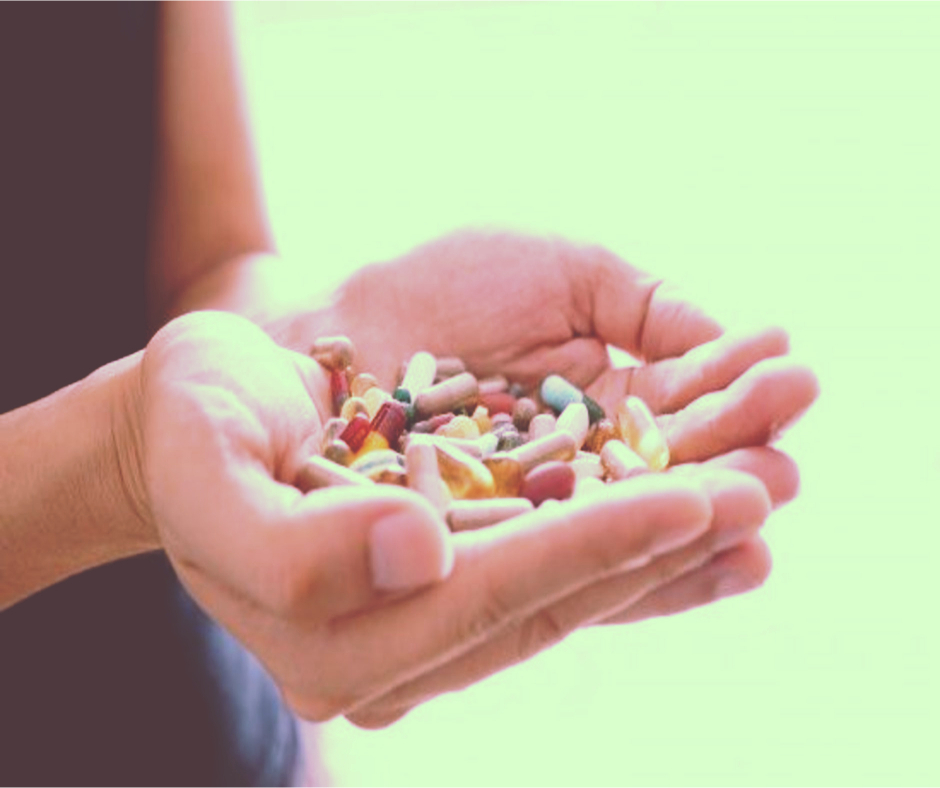Navigation:
[vc_row][vc_column][vc_cta h2="Help Is Only A Phone Call Away" txt_align="center" shape="round" style="flat" color="vista-blue" el_width="sm" use_custom_fonts_h2="true" use_custom_fonts_h4="true"]Call Now 855-227-9535[/vc_cta] It’s hard to help a loved one who is going through addiction, especially if you don’t understand what’s really going on with them. Sure, it’s not as tough as dealing with addiction yourself, but it’s frustrating to watch someone we care about suffer. It gets more difficult once you encounter different terms like tolerance, dependence, and withdrawal. What do these mean? How do these words relate to your loved one’s current situation? Understanding these terms can help you gauge their condition and provide the necessary form of assistance. All of these terms are related to the concept of drug abuse. These are words that are often misused by lay people—and sometimes even the media—which is why unearthing their real meaning is important.What is Tolerance?
 Tolerance refers to the diminished response to a drug that is caused by repeated usage. A person who becomes tolerant has taken the drug so often that their body no longer reacts to it the same way it used to. For example, if they take large doses of painkillers recreationally, the pain relieving effects might be reduced the next time they actually need it. It also means that the euphoric effects of these substances are diminished. People abuse drugs in the first place because it makes them feel good. But once a person becomes tolerant, the high they get from their drug of choice is also diminished. Tolerance may push a person to take even larger doses of the substance. They’ll attempt to replicate the euphoric sensations by taking more and more of the drug. Some people even try out other drugs—opening them up to even more problems in the future.
Tolerance refers to the diminished response to a drug that is caused by repeated usage. A person who becomes tolerant has taken the drug so often that their body no longer reacts to it the same way it used to. For example, if they take large doses of painkillers recreationally, the pain relieving effects might be reduced the next time they actually need it. It also means that the euphoric effects of these substances are diminished. People abuse drugs in the first place because it makes them feel good. But once a person becomes tolerant, the high they get from their drug of choice is also diminished. Tolerance may push a person to take even larger doses of the substance. They’ll attempt to replicate the euphoric sensations by taking more and more of the drug. Some people even try out other drugs—opening them up to even more problems in the future.
What is Addiction?
Addiction is the point where the person no longer has control over their intake. They will compulsively seek and use their chosen drug. If they don’t, they’ll feel intense cravings, and will relapse shortly after. They will keep taking the drug, even when they are already suffering from the adverse effects. An addicted individual will not care about the consequences. And even if they do care, they will feel powerless over it. They will have to take the substance over and over again. Most addicted people will try to stop, but will fail to do so repeatedly. They will go through a cycle of drug abuse and relapse. Addiction is a psychological condition, as well as a disease. It prevents a person from making the right decisions, and it puts them in harm’s way. This condition is so persistent that recovered individuals can still relapse years after quitting the substance entirely. That is why addiction recovery is lifelong process. Addiction is often associated with the term drug dependence, but the two terms are not exactly interchangeable. Physical dependence means that the body has grown used to the substance’s presence that it reacts negatively when the person stops taking it. [maxbutton id="3" ]What is Withdrawal?
This brings us into the topic of withdrawal. If a person is physically dependent on a substance, they will not be able to quit without going through withdrawal. Depending on the drug that’s being used, withdrawal can go from extremely dangerous to instantly fatal. This is why addiction must be treated the right way: with the help of medical professionals. Withdrawal is the body’s reaction to the abrupt disappearance of the addictive substance. This can manifest in the form of adverse physical effects like nausea, vomiting, tremors, fevers, organ failure, and respiratory depression, among others. It can also be psychological in nature, taking the form of anxiety, depression, hallucinations, and even suicidal ideation. In many cases, withdrawal involves both physical and mental health effects. The only way to get free from addiction and its many effects is through a combination of behavioral therapy and medical detox. During detox, the person’s intake is lowered gradually, so that their withdrawal symptoms can be managed more safely. Drug abuse can do so much more than just make you tolerant and addicted. Look for an addiction treatment center near you today to combat all of its negative effects. It’s not too late for your loved one to get sober again.
The featured blog post Addiction, Tolerance, and Withdrawal: How are they related to Drug Abuse? was originally published to https://www.rehabnear.me/
from
https://www.rehabnear.me/what-are-related-to-drug-abuse/

No comments:
Post a Comment